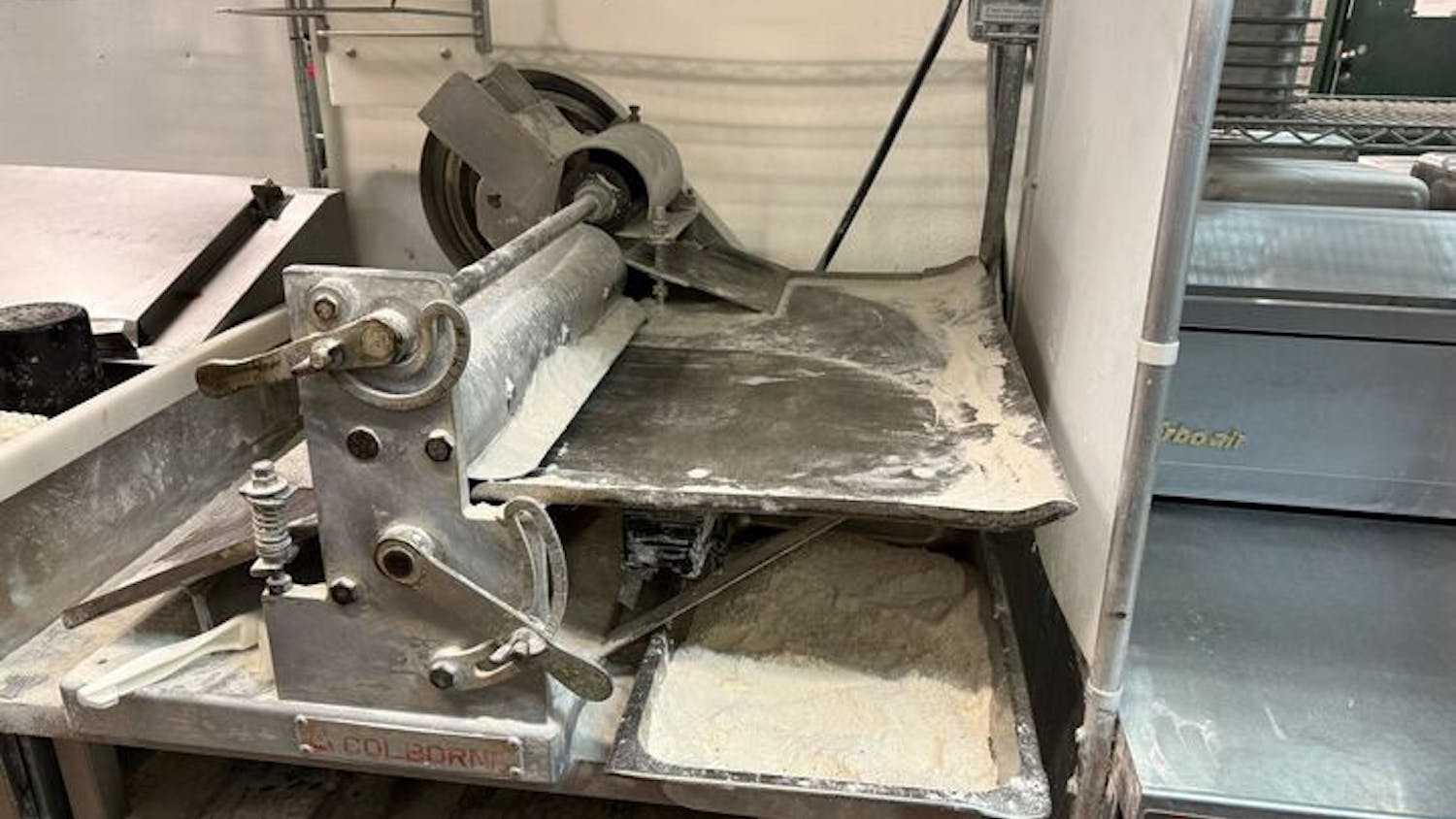Black, slimy lettuce, fuzzy tomatoes, and putrid meat are sometimes a common sight in a dorm refrigerator - a place that somehow manages to conceal leftovers in its endless drawers and shelves. With a tight budget, students might choose to trim away the unruly spots on the questionable food instead of buying fresher food.
Yet these foul sights and smells are nature's way of telling you not to eat it,"" according to Kathleen Glass, a researcher at the Food Research Institute at the University of Wisconsin-Madison.
Consuming rotten food can be easily prevented with simple acts, such as washing produce and thoroughly cooking meat. Neglecting these precautions might cause some unwelcome consequences.
""It is estimated that about 76 million food-borne illnesses occur in the U.S. annually ... of those illnesses about 325,000 are hospitalized cases and of these people there are about 5,000 deaths,"" Glass said. ""So, this is something that we are concerned about in the food industry.""
Disease-causing bacteria, or pathogens, are bacteria that cause illnesses and intoxication. For example, the notorious E. coli 0157:H7 can grow in colonies in the body, which can damage cells. People who ingest this strain of E.Coli could have long term effects, such as kidney damage, leading to a kidney transplant or dialysis.
Intoxication is another harmful impact of disease-causing bacteria. This condition occurs when the bacteria create toxins in the food, then someone eats it and gets sick. For example, Staphylococcus aureus, a pathogenic bacterium, creates a toxin and causes the person to have ""two-bucket disease.""
""Some of us have probably had an illness to some degree and didn't realize it,"" Glass said. ""Some of us probably had the norovirus, threw up for 24 hours, and then [went] on with our lives.""
She said bacteria cannot be seen with the naked eye and people need to understand that bacteria can live everywhere, from the food-processing plant to their kitchen counters.
""You probably heard that they are so small that a billion of them can fit on a head of a pin - millions of cells within that teeny tiny area,"" Glass said.
To make them visible, bacteria samples are taken from food products and grown on nutrient jell-o, or agar, in petri dishes. ""Little cities"" or colonies of many bacteria can be seen on the agar like a lump of yellow yogurt. Glass said if people could see the bacteria, then there wouldn't be cases of food-borne illnesses. For example, in the past, the recall of hamburger has been due to the normally invisible presence of E. coli 0157:H7.
""You can't tell you have E. Coli in the beef,"" Glass said. ""So we need to know how to protect ourselves.""
However, it is possible for people to minimize risk, especially if they are immunodeficient or have chronic illnesses. First, it is important to prevent recontamination and to kill the pathogens.
Second, it is important for farmers to avoid contaminated water and use properly composted manure. Properly composting manure means ensuring the compost is not raw and has set long enough in 50 F temperatures, eliminating any pathogenic health risk. Glass said organic farmers who use composted manure need to be trained and educated to make sure the compost is properly made.
""Regardless if the product is organic or traditional, the guidelines apply,"" Glass said.
Finally, temperature and oxygen are huge factors in preventing the growth of pathogens. For example, bacteria grow rapidly in the 70 to 135 F range. The ideal temperature for your refrigerator to inhibit rapid growth is 40 F and below. Glass said everyone needs to have a thermometer in their refrigerator, so you can know how the temperature varies from top to bottom and from left to right.
According to Glass, even though consumers are distant from food processing, they still have responsibilities.
""As the consumer, you are the last link in the chain,"" Glass said.
She said it is important to wash your food, read the labels and to avoid putting prepared, but not ready-to-eat foods in the microwave. She said it is important not to microwave such food because microwaves tend to cook the food unevenly and thus create a high probability of disease-causing bacteria surviving.
Since getting sick is definitely not worth saving a few dollars of grocery money, Glass offered one final piece of advice for students during these last hectic weeks of the semester: ""When in doubt, throw it out.





